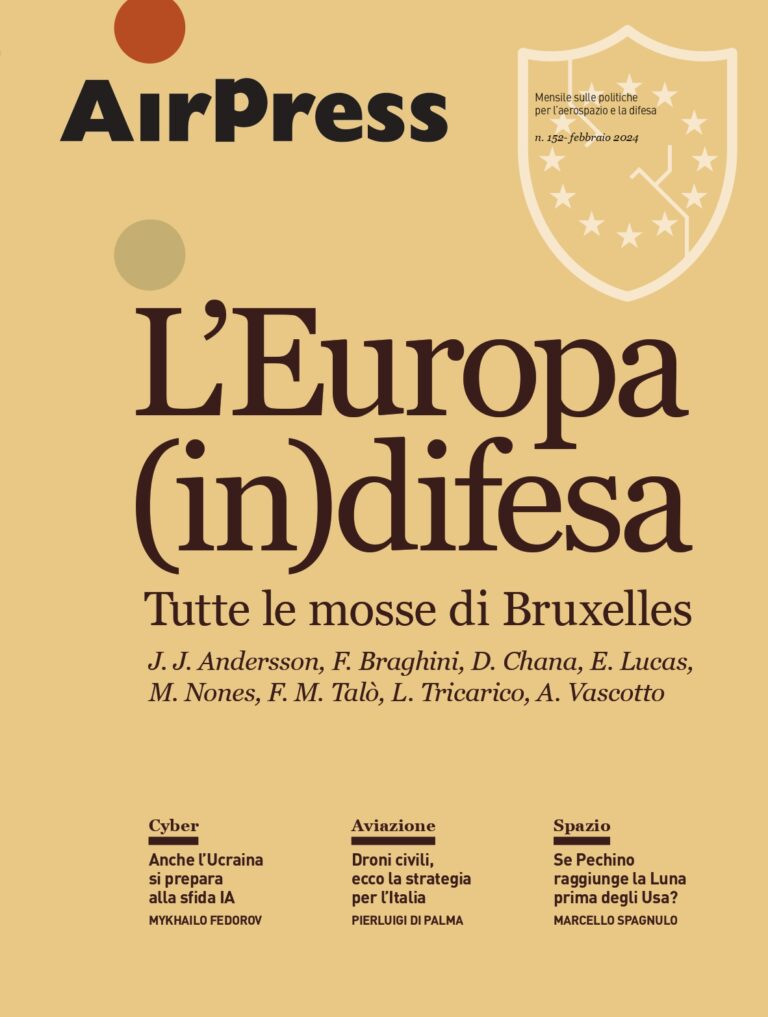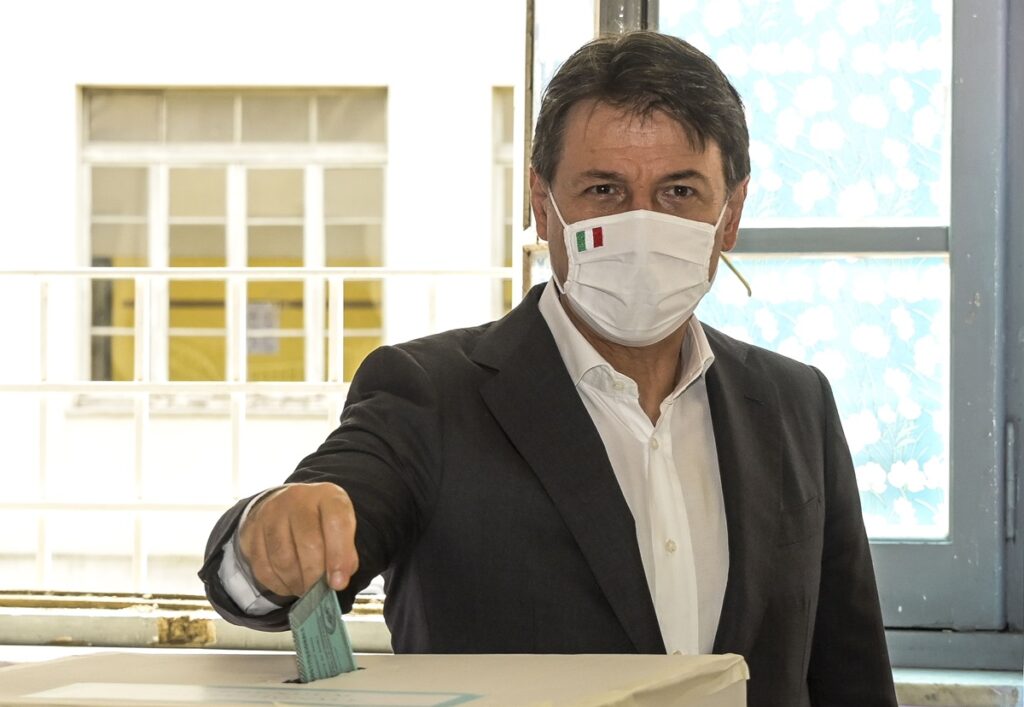On Sunday and Monday, Italian voters took on a constitutional referendum, and in seven regions they also voted for their regional government.
The referendum passed (by nearly 70%), cutting the number of MPs in both chambers by roughly 33%. The regional elections essentially pitted the Democratic Party (junior governing partner) against the centre-right alliance (at the opposition), and the result ended up being 3-3.
One outlier region, Aosta Valley, is still in the process of voting, but its results will not have a significant impact because of the region’s peculiar voting system, its semi-autonomous governance and its comparatively small size.
To interpret these results – deceptive in their simplicity – one must delve into the odd, interwoven Italian political panorama. A brief reminder: the centre-left Dems are ruling with the anti-establishment Five Star Movement (5SM), and this double vote could have posed a danger to their coalition. As it happens, however, the government just became far more stable.
One thing at a time. The 5SM chanted victory over the referendum (their brainchild and flagship measure) but that was something of a Pyrrhic victory because none among the major parties campaigned against it.
They also ran in all regions and won precisely zero, demonstrating an inability to take a strong local footing. They almost scored single-digit results, no good news for a party in steady decline since it was elected at the government with the highest consensus (more than 30%) in 2018. Anyways, they are due for a leadership change soon, now that the votes are out of the way.
On the other hand, the Dems fared better than expected. Their story is interlaced with that of the centre-right coalition, who has been on a winning streak at the regional level since 2017, when they only governed 3. Now, the right controls 15 of 20 regions.
In the grand scheme of things, the Dems lost a region. In Italy’s political bubble, this is being considered a victory, thanks in part to the skilful expectations management by the hands of the Dem leader, Nicola Zingaretti, and to the seemingly unstoppable tide of the right, which he successfully stopped in three regions out of six.
Mr Zingaretti feared for his leadership and ended up reinforcing it, thus propping up the coalition government with the 5SM, who must now reckon with him. With the risk of being replaced out of the way, the meek leader will now leverage his electoral “success” to fight for measures that are dear to the Dems but highly unsavoury to their government allies.
On Monday evening he had already set the agenda on two key issues where the 5SM have so far refused to cooperate: accepting the ESM fund and changing the so-called “security decrees”, two flagship laws of the previous 5SM-League government entailing very strict measures on refugees and immigration.
Over to the centre-right coalition, where its leader Matteo Salvini, head of the League, is being undermined by his own boisterous declarations (he was expecting a 7-0 win) and the cumbersome rise of his allies. His own party has also been declining in the past year, and Giorgia Meloni’s Brothers of Italy, the only party to steadily grow across the whole country, is increasingly closer.
In Veneto, the League member Luca Zaia spectacularly won nearly 77% of votes running by himself, detached from his party. In Marche, the only region to change colours, it was a candidate from Brothers of Italy who won. Sure, all is good for the centre-right – but Mr Salvini’s leadership, once unassailable, now seems to be eroding.
At the end of the day, Monday’s main takeaway is that prime minister Giuseppe Conte “will last until 2023”, the end of his term, as he satisfactorily declared on Monday night. The centre-right coalition allies hoped that a better result at the regional elections could have given them the means to top the government and – seeing as they are the most popular political force – be voted into power.
That is now very unlikely to happen, and the current government may go about tackling the matter of drawing up plans to access the €209 billion European Recovery Fund (aka Next Generation EU) and raise the country out of the pandemic-induced crisis. Hopefully.







